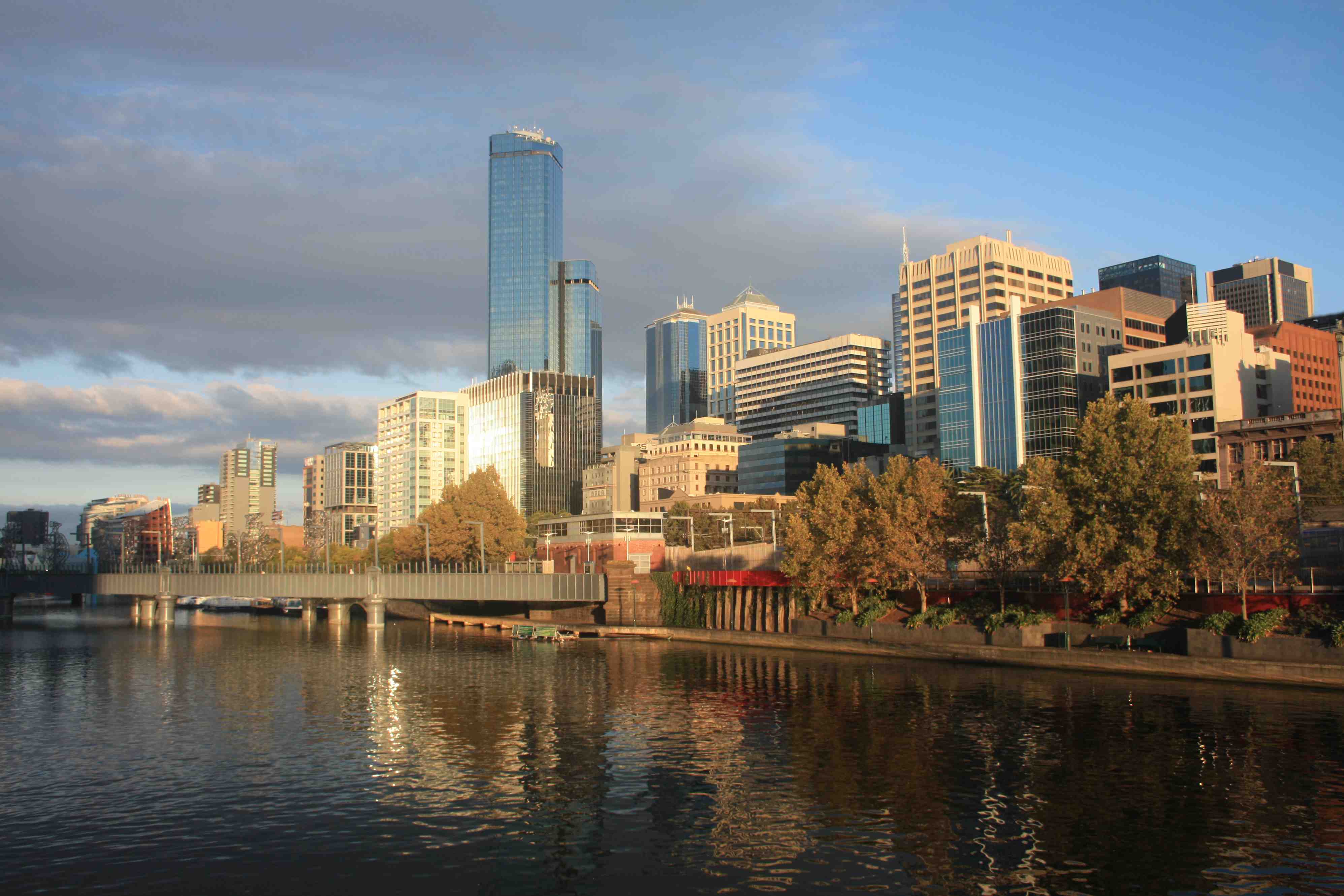For much of Australia’s electoral history the inner city has been a Labor stronghold, while reflecting the traditional Liberal-Labor battle that has defined Australian politics for nearly a century. But a lot has changed in the last few decades. Not only has the inner city become more gentrified, it has stratified between newer more affluent residents and residual migrant and working class communities. This demographic shift is reflected in the broader trends that most of Australia’s major cities have experienced. The concentration of professional and service based industries, and the inner city locations of many universities, means students and educated professionals have replaced migrant and working class populations. This economic and demographic shift means some seats such as Batman and Melbourne are home to increasing numbers of progressive voters, shifting the two-party tussle toward the left.
But third party challengers have never really presented a challenge to the two major parties. Even today, the Greens – arguably the most successful third party group of recent decades – present less of a real electoral problem (except in highly specific seats) than they do an existential threat to the progressive left that has so long voted for Labor. Alongside the growth of viable third parties it has brought about a hollowing out of many left-affiliated Labor branches.
The Liberals (Nationals need not apply) have largely hung on to their traditional areas such as Wentworth, North
Sydney and Kooyong, with the left-wing vote being both splintered and insufficient. In its heyday the One Nation Party presented a genuine threat to the Liberal-Nationals in some of the areas considered to be the conservative heartland. Indeed, One Nation received just under one-fifth of the vote in the Queensland state election of 1998. One Nation, just like the Greens, offered a pure political ideology setting them apart from the major parties. The Liberal-National coalition under John Howard – spearheaded by no less than Tony Abbott – was able to do away with One Nation through a series of events and a concerted effort to appease the conservative voting base. The increasing Greens vote, and in particular their high-water in 2010, has been attributed by some to voter disappointment with Labor’s approach to climate change, gay marriage and asylum seekers. To a greater extent, it may even represent dissatisfaction with the two-party system, or the lackluster performance of the 2010 Labor election campaign.
With the recent return of Rudd to the helm of the now Julia-less Labor Party there may be a change in their fortunes. The upcoming election will be the first the Greens have faced without the charismatic and popular Bob Brown at the helm. The coming election will even see the return of Pauline Hanson, who is running once again as a member of One Nation. Labor’s inner city prospects remain in some senses uncertain, but in others unchanged. Seats such as Melbourne and Batman, with their still shifting demographics, are likely to go Labor’s way thanks partly to anti-Green preferencing by the Liberals, who do not want a repeat of Adam Bandt’s coup of Labor’s inner city crown. However, it remains likely there will be a continuation of the erosion of Labor’s primary vote in the inner city, although this will depend on the effectiveness of local and national campaigning. If the Liberals are to direct their preferences away from the Greens and other third parties, there may simply be a continuation of the exclusion of minor parties from the House of Representatives. It is the fate of the Senate that remains in question: the Greens have held the balance of power for the last two terms.
Depending on the result, the balance of power may shift to the seat of Democratic Labor Party senator John Madigan. Long term, we may see Labor unseated in some of its inner city electorates but this is unlikely at this election, let alone the next. Demographic and economic changes will affect electoral prospects for both parties well into the future; it is the speed of that change and what that change will ultimately mean for the political system that is unknown.
David Ross
best online casinos


